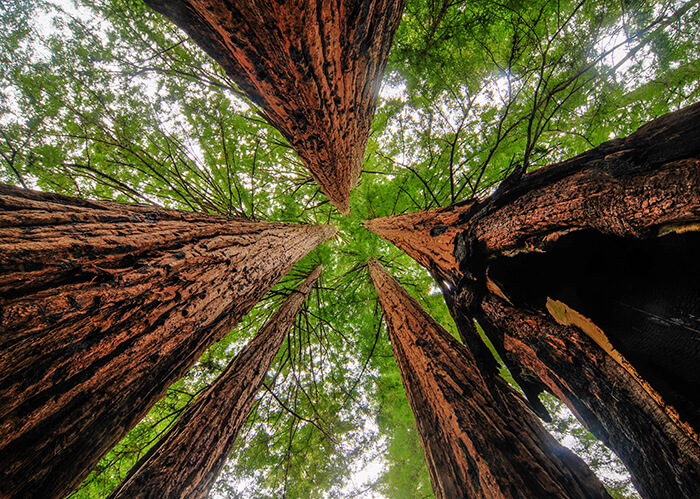
CLIR Launches Season Two of Material Memory Podcast, “Cultural Memory and the Climate Crisis”
CLIR today released the first two episodes of its new podcast season exploring the impact of the climate crisis on communities and their cultural heritage.

CLIR today released the first two episodes of its new podcast season exploring the impact of the climate crisis on communities and their cultural heritage.
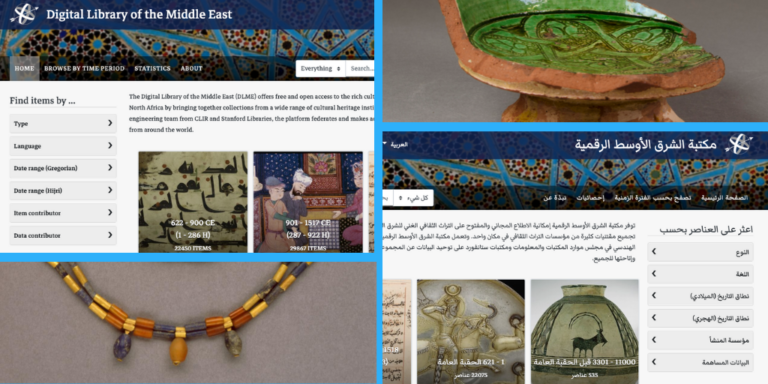
July 15, 2020—The Council on Library and Information Resources (CLIR) and Stanford Libraries today announced the release of a public, open platform for the Digital
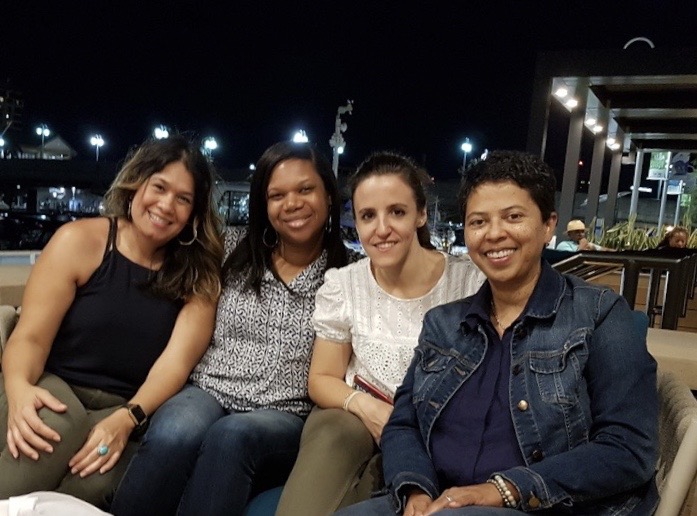
This is the second of a two-part interview with the organizers of “Capacity Assessment of Latin American and Caribbean Partners: A Symposium about Open-Access, Technological

This is part one of a two-part interview with the organizers of “Capacity Assessment of Latin American and Caribbean Partners: A Symposium about Open-Access, Technological
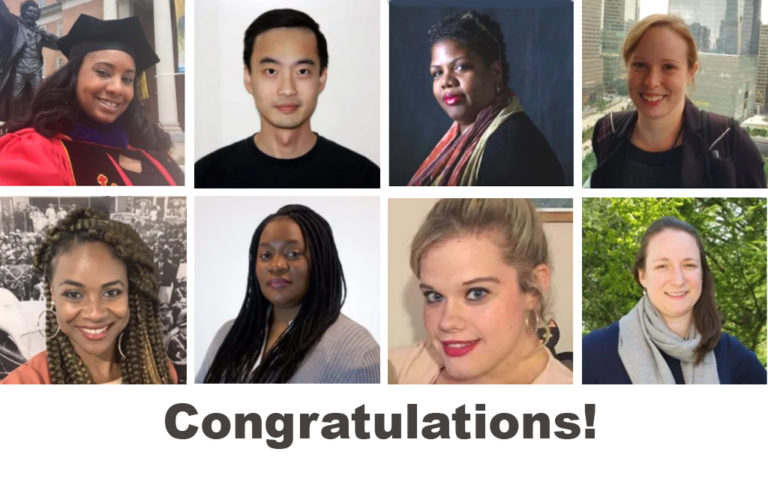
CLIR welcomes eight postdoctoral fellows as the seventeenth cohort in the Postdoctoral Fellowship Program. Fellows will work in data curation for African American and African
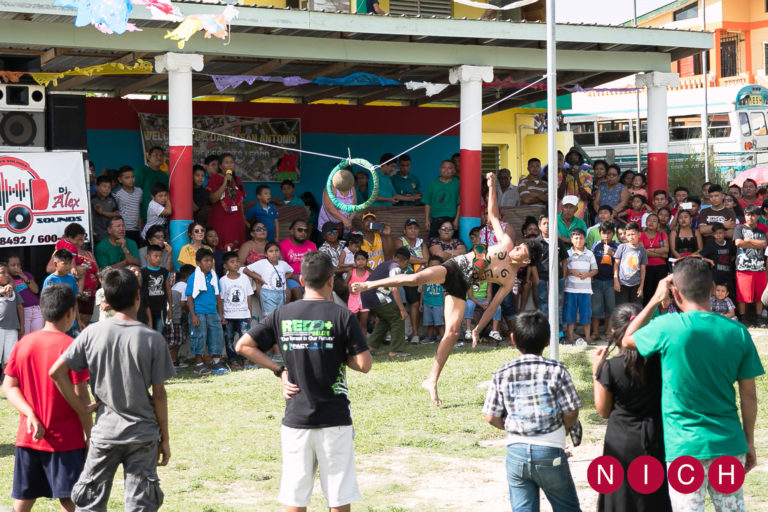
Nicté Fuller Medina is a sociolinguist and currently the inaugural CLIR-Mellon fellow in data curation in Latin American and Caribbean studies at the University of
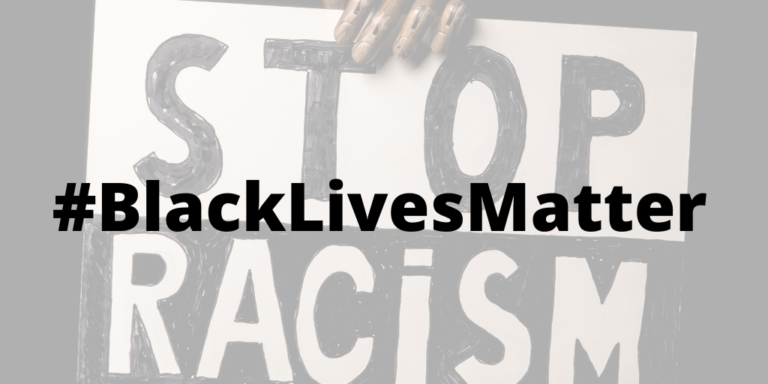
CLIR strongly condemns the murder of George Floyd, as well as Ahmaud Arbery, Breonna Taylor, Tony McDade, and all Black people who have lost their
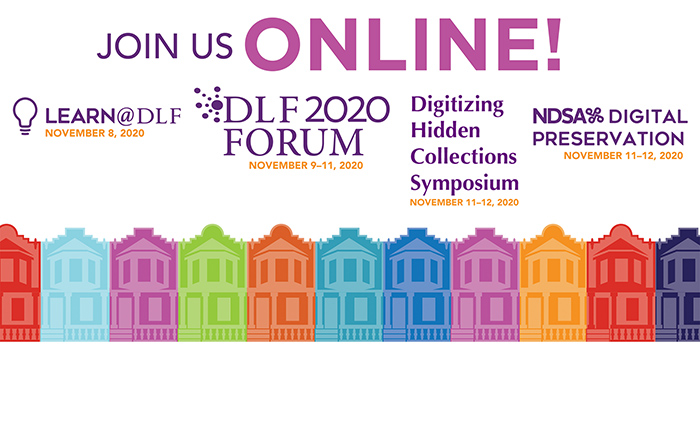
Based on the overwhelming responses to the DLF community survey, the number and distribution of proposals for all CFPs, and CLIR’s ongoing monitoring of the

—By Clare McKenzie, Associate Director Learning & Engagement, and Georgina Konstanta, Acting Manager Client Experience, University of Wollongong Library This is the second of two

—By Clare McKenzie, Associate Director Learning & Engagement, and Keith Brophy, Manager Digital Environment, University of Wollongong Library This is the first of two pieces
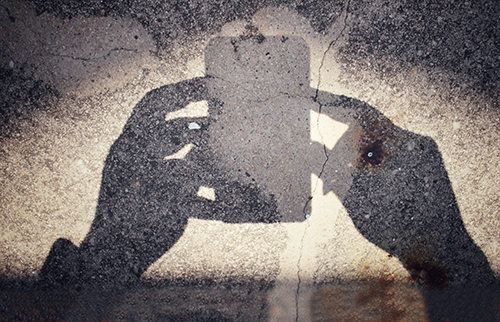
—By Sohair Wastawy In my social and physical isolation my mind has been wandering to a time when I was 13 years old, in Egypt.

—Charles Henry Of late we have been understandably immersed in the current moment. The COVID-19 pandemic is unprecedented in our lifetime, a disruptive force that